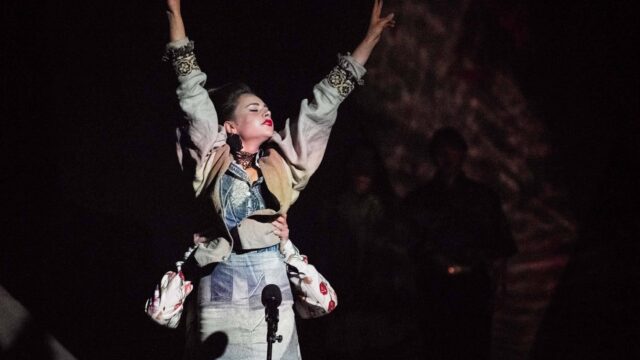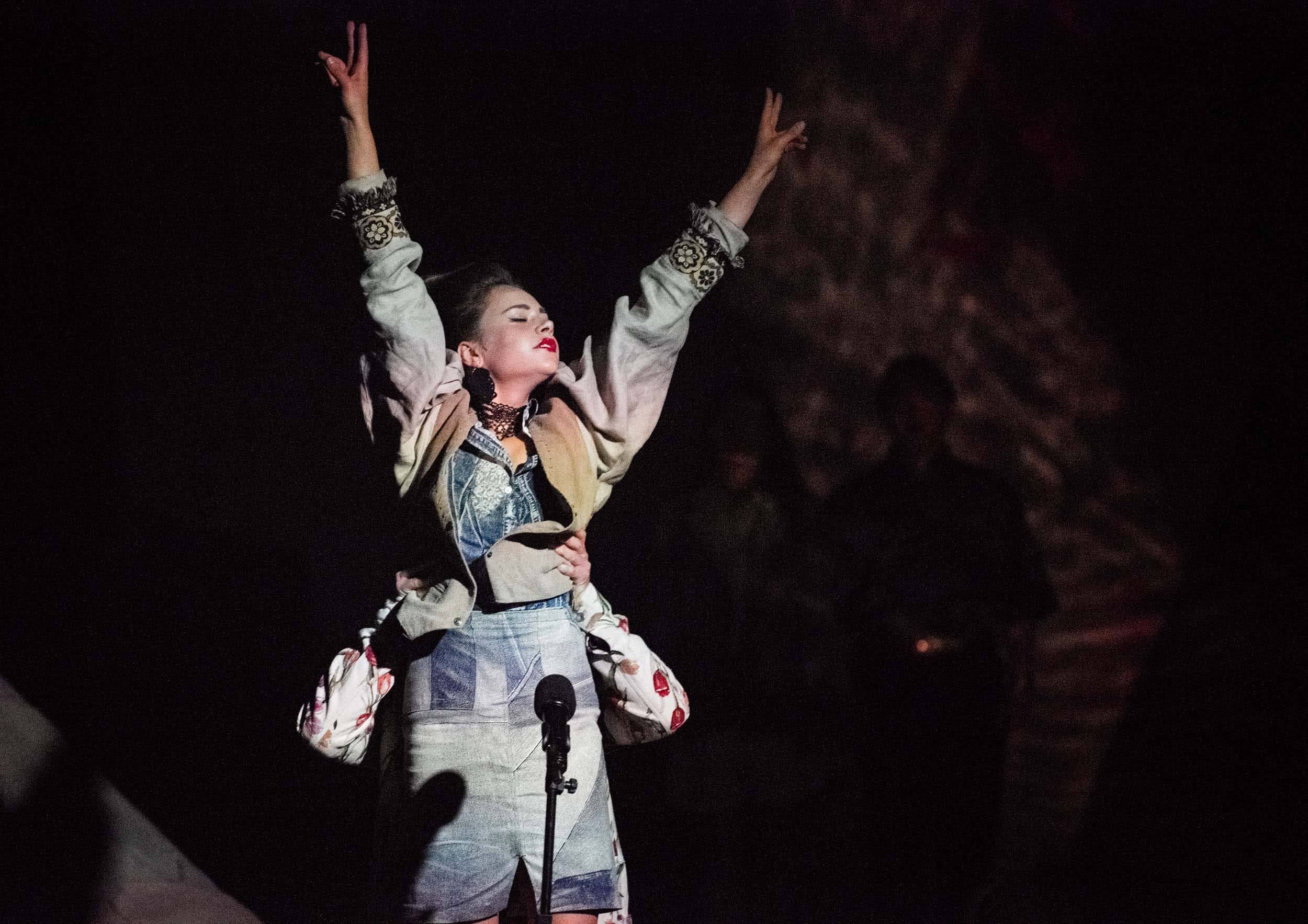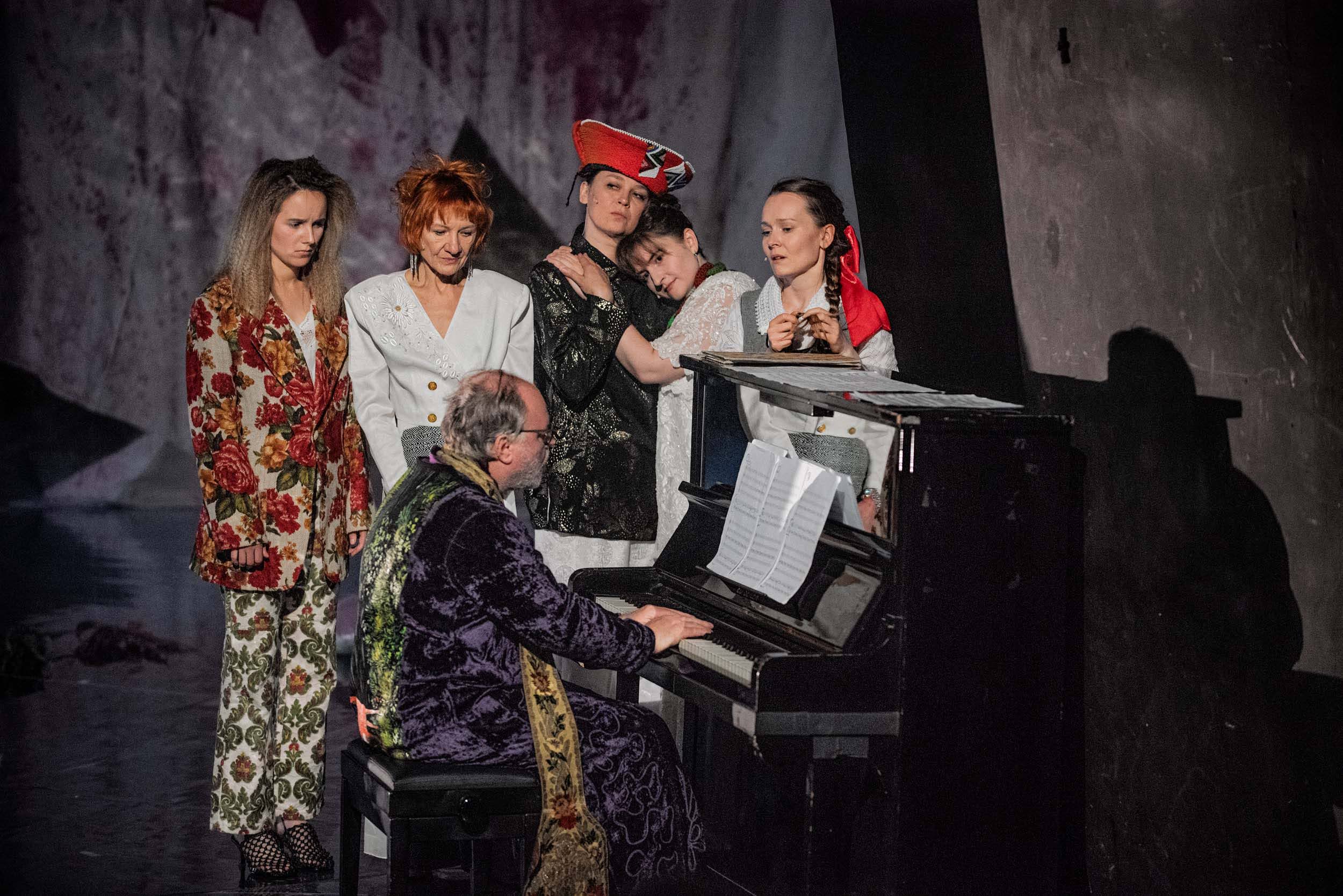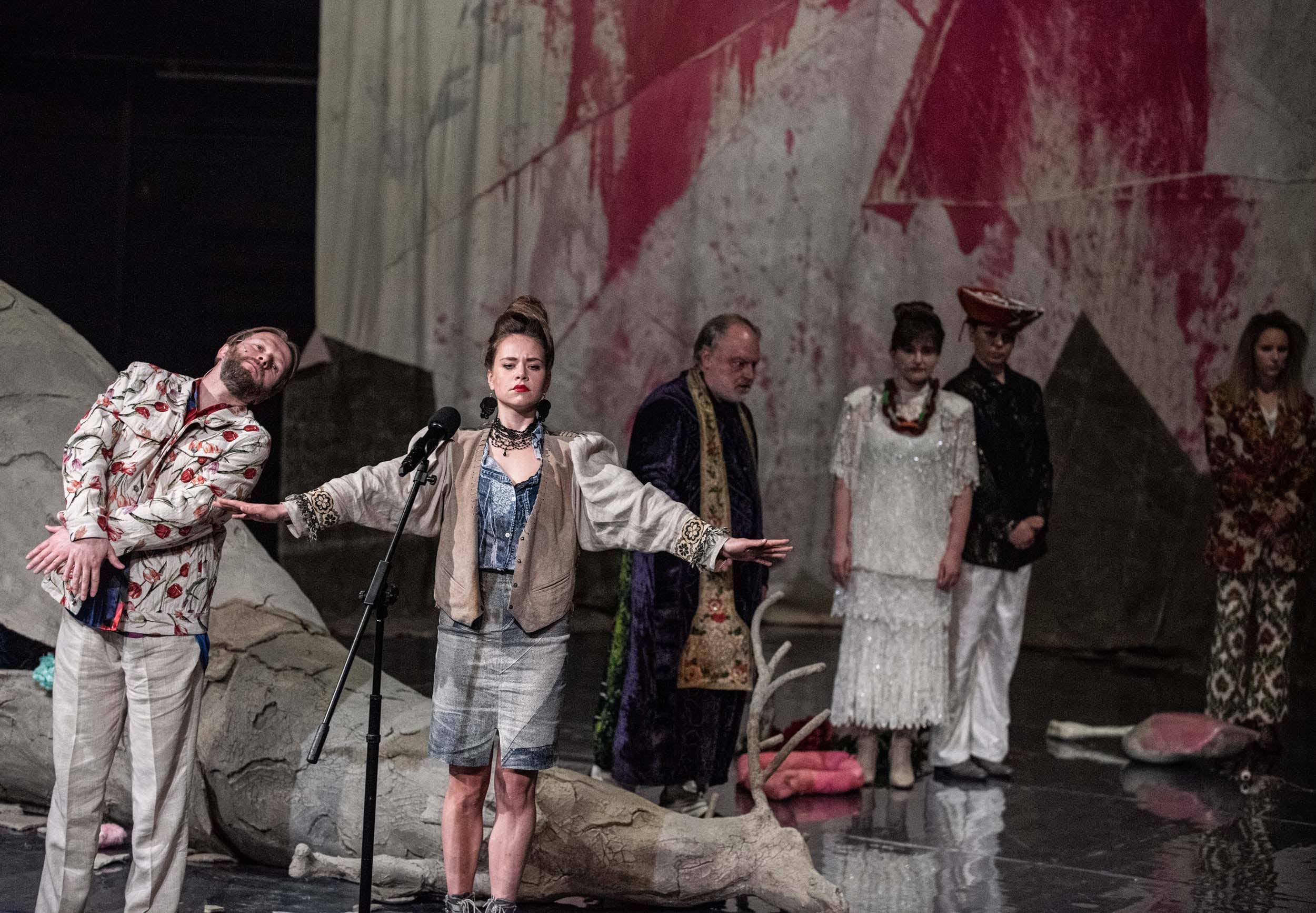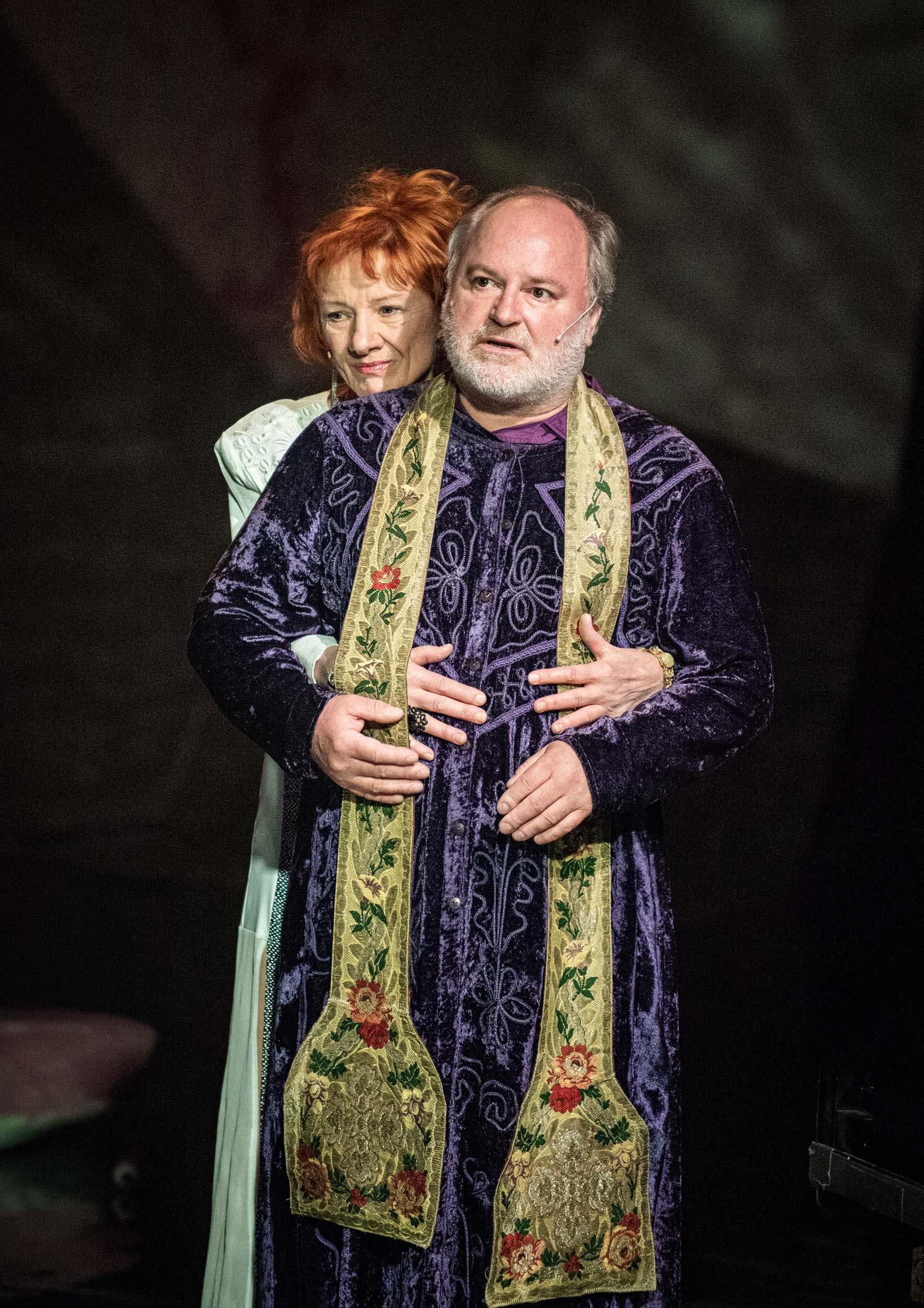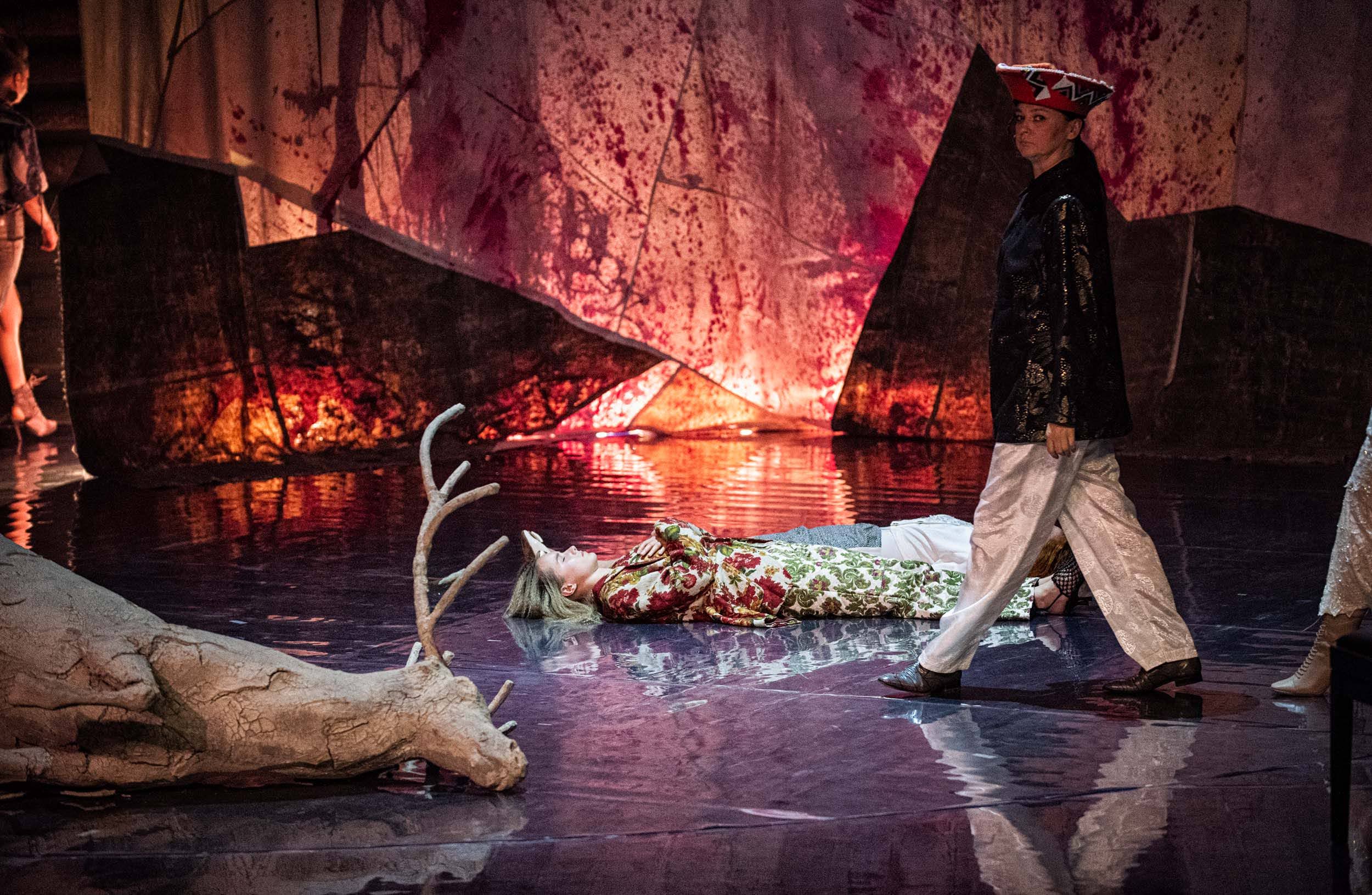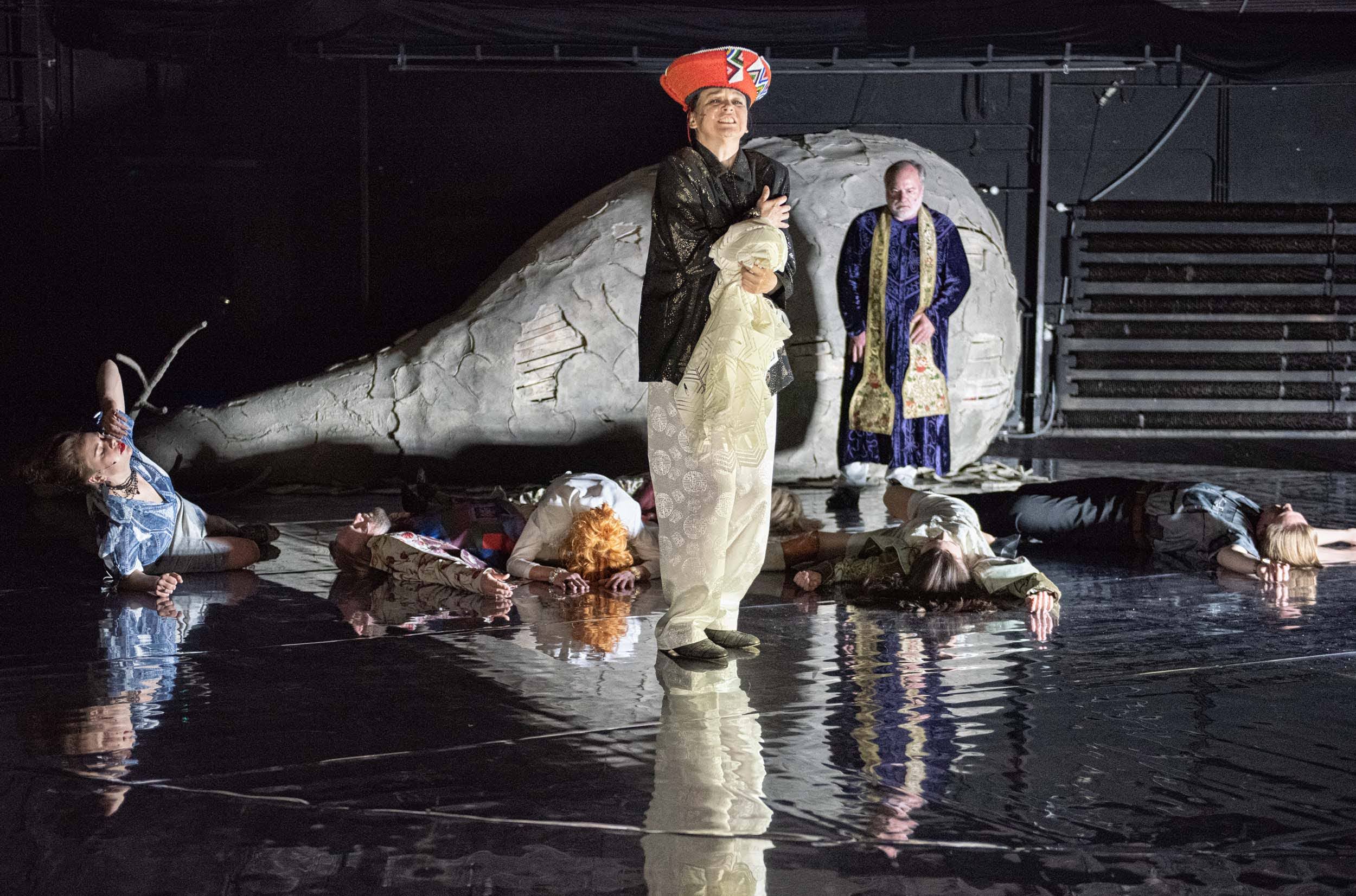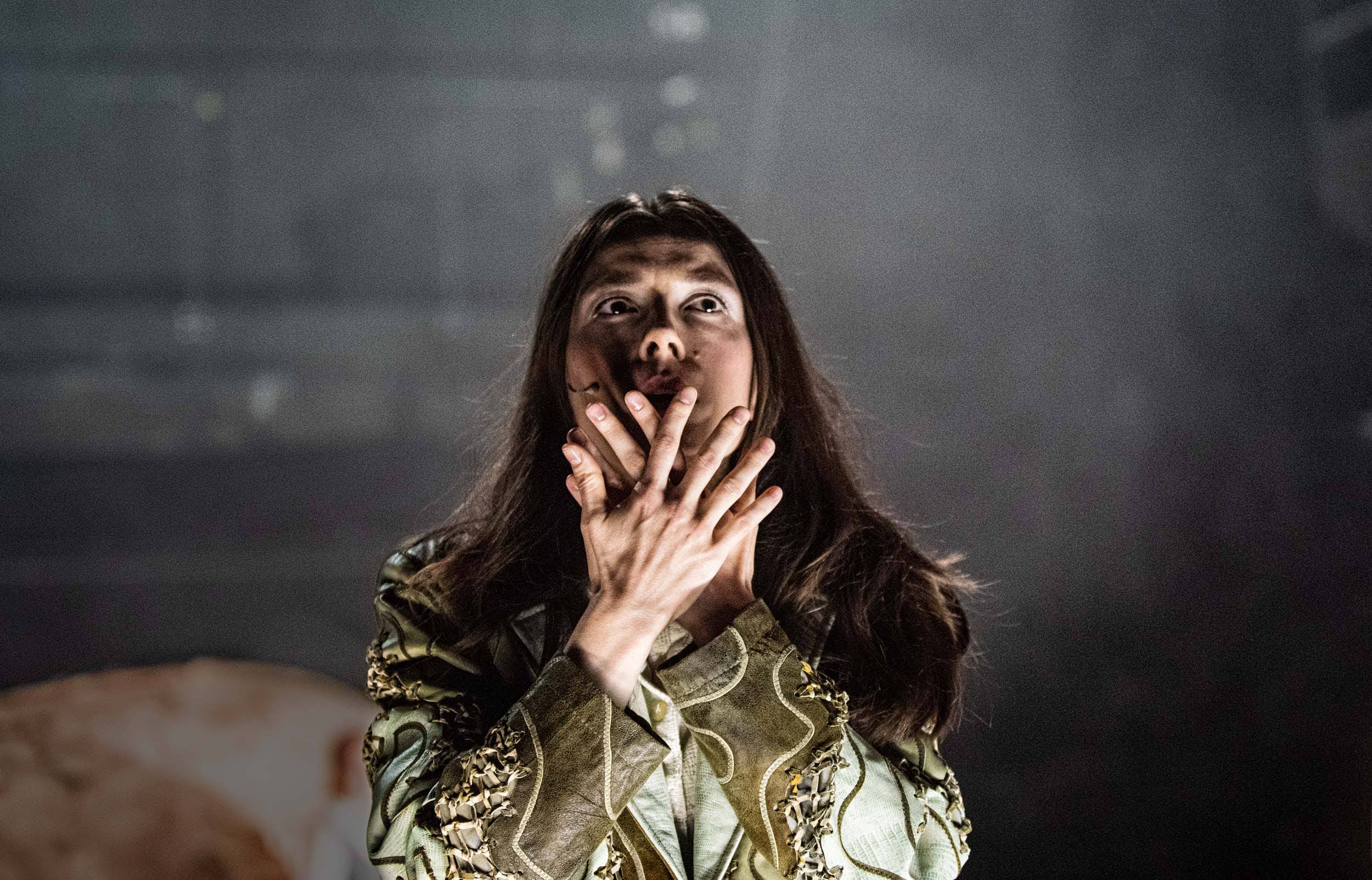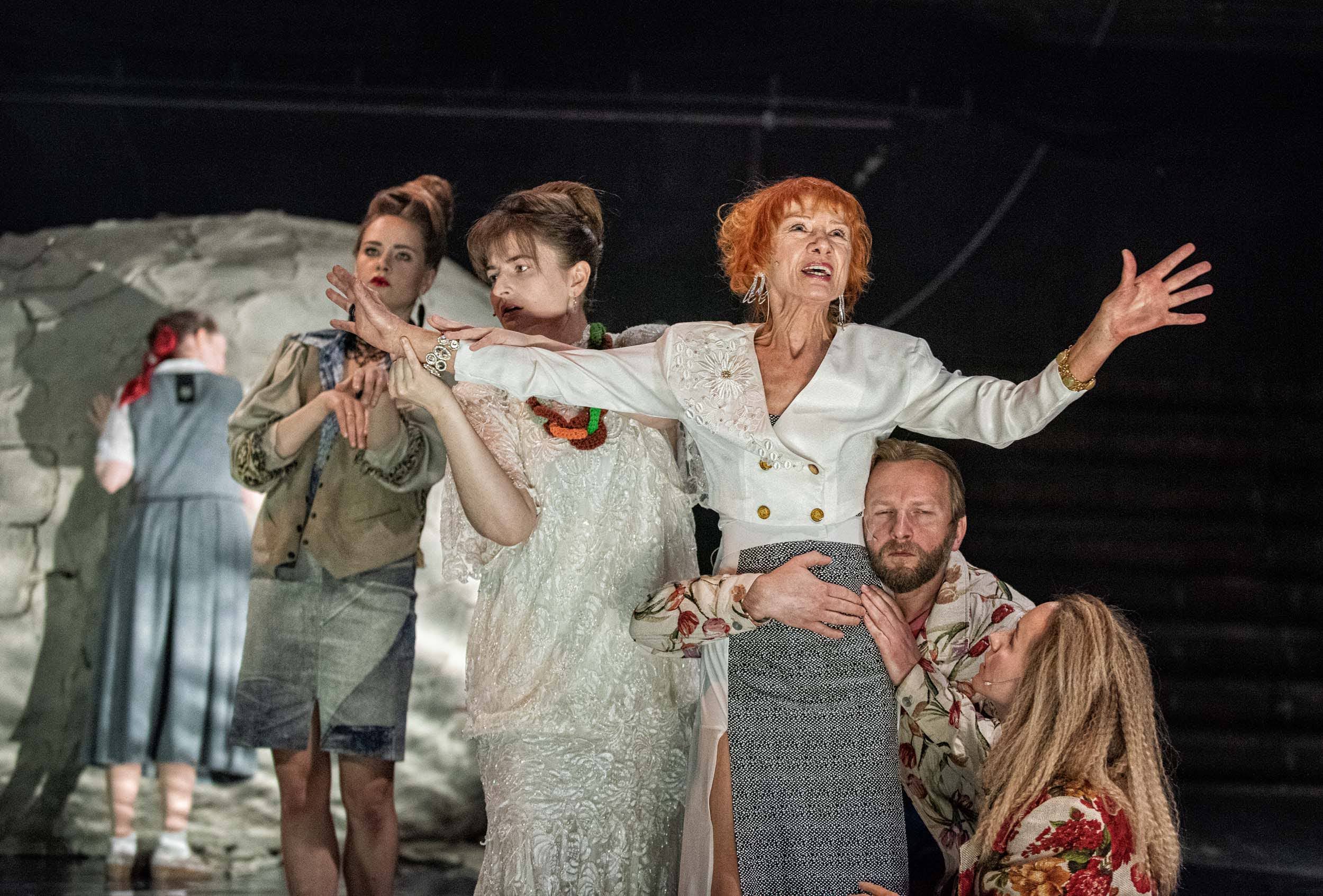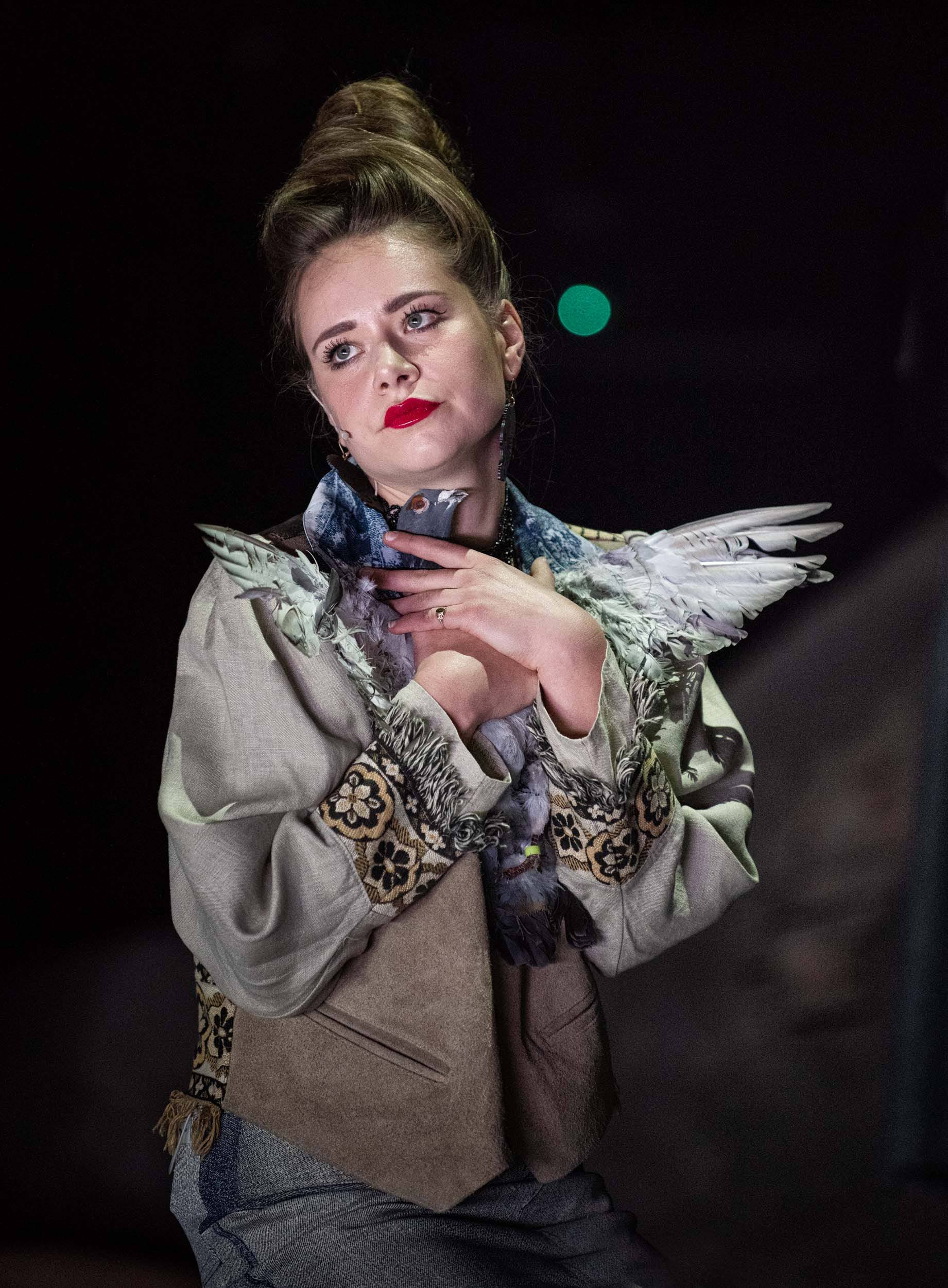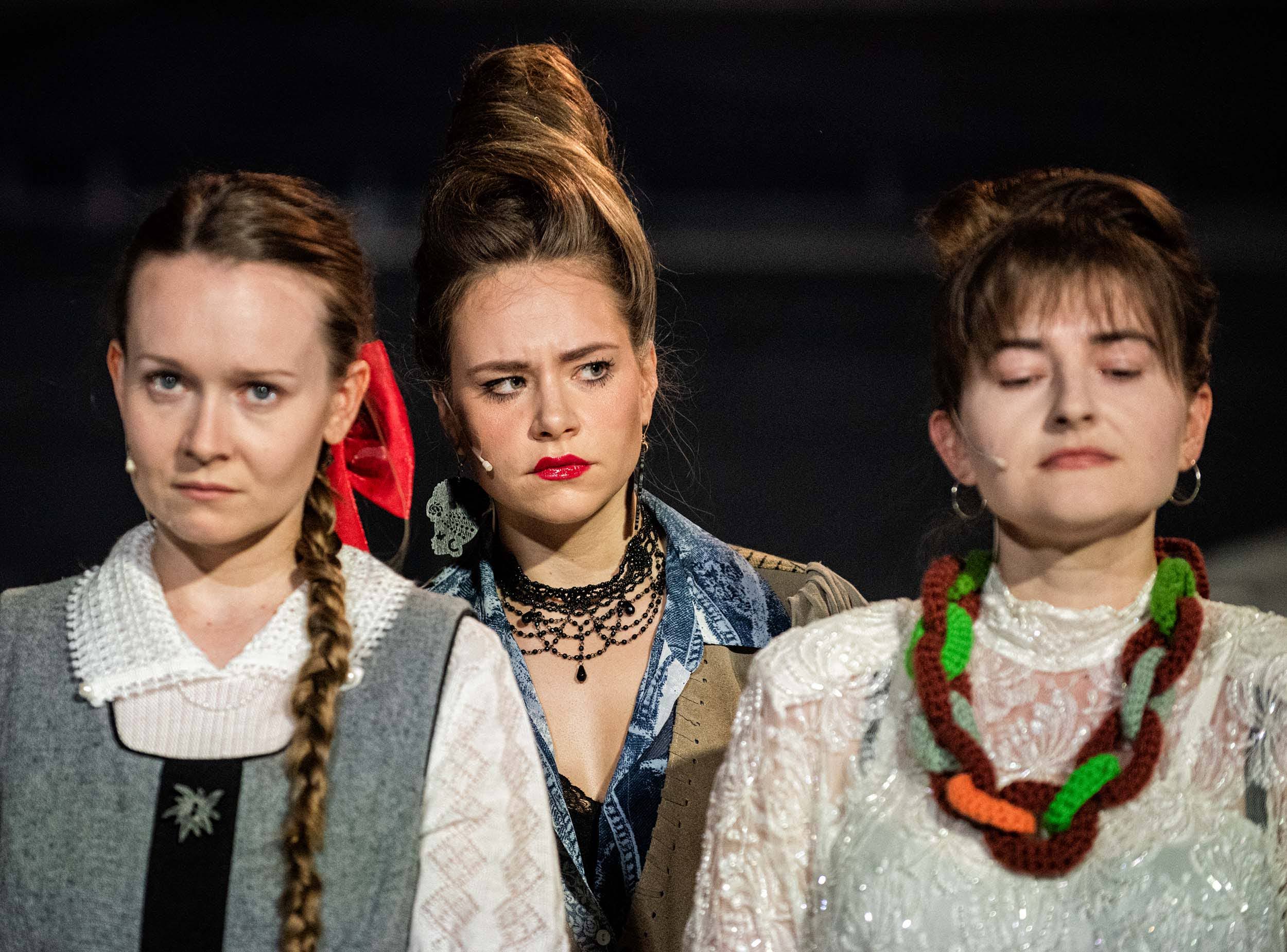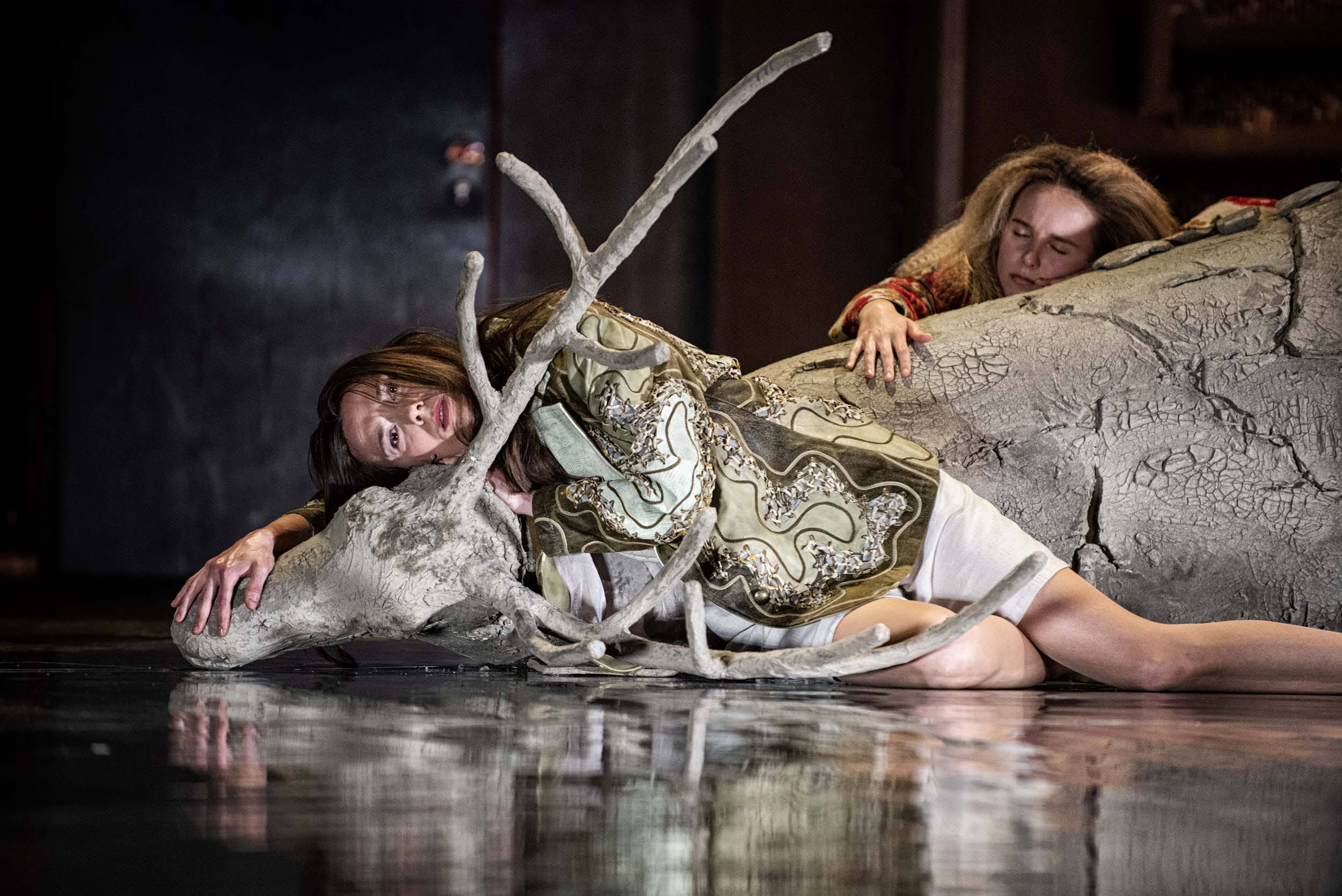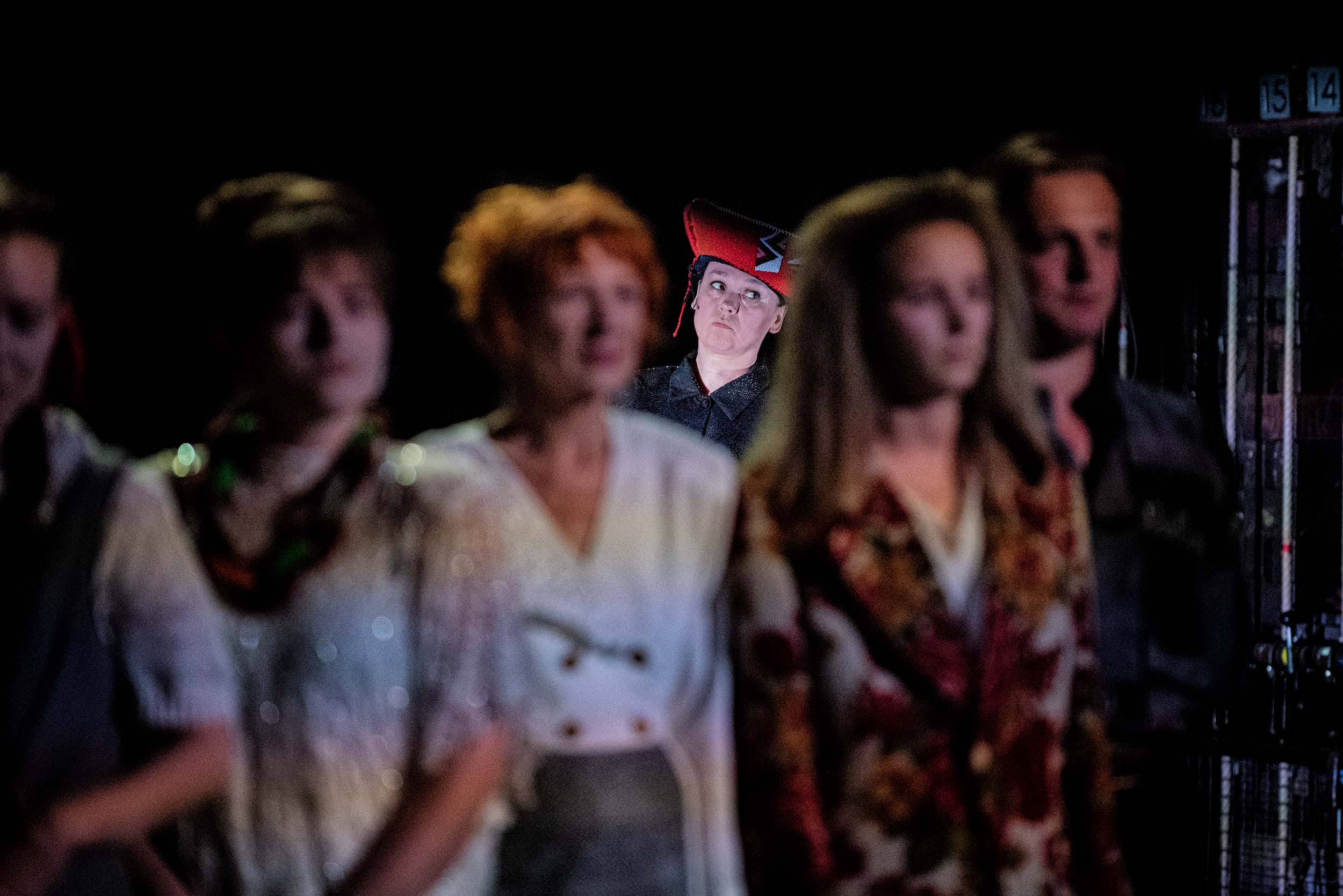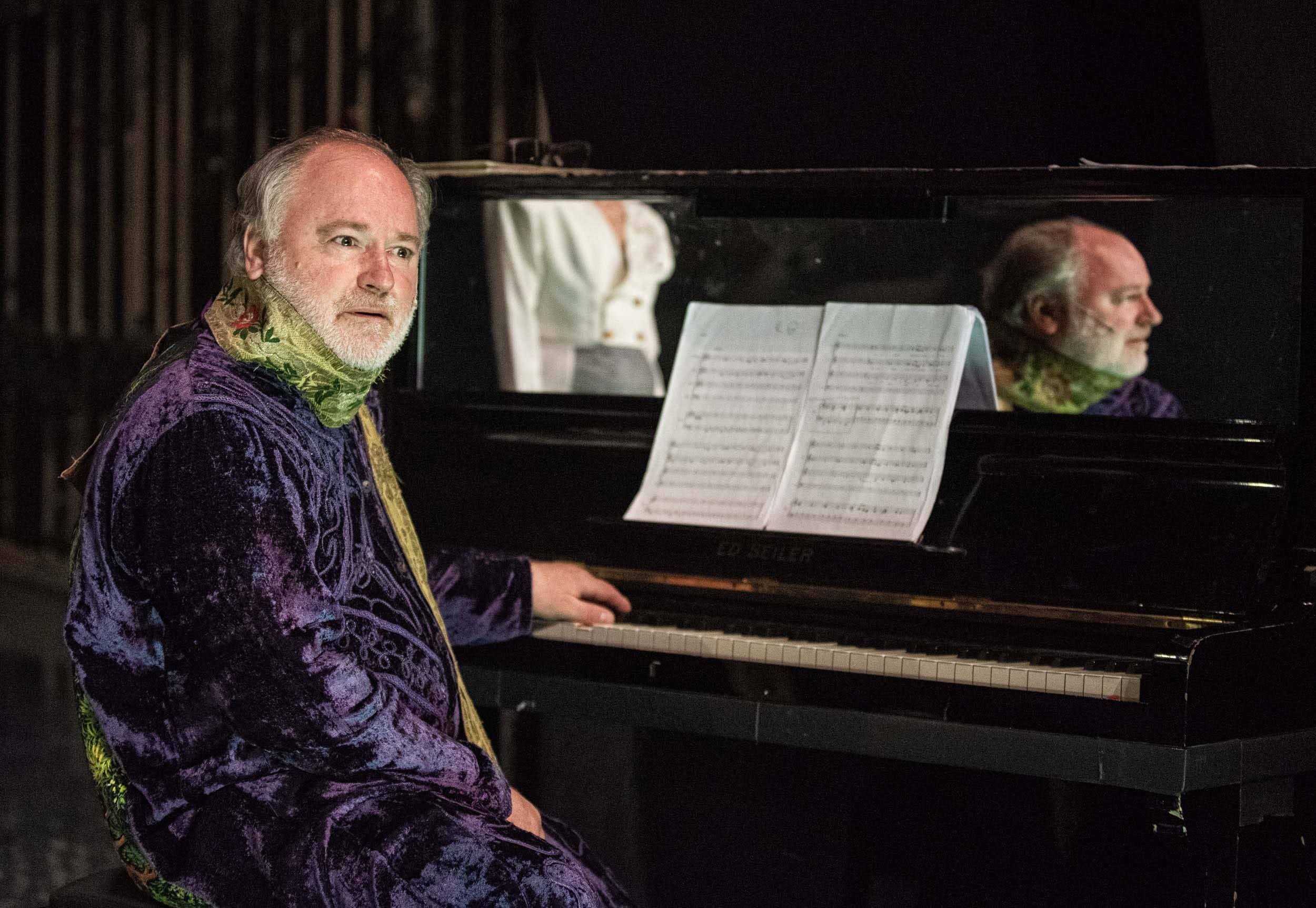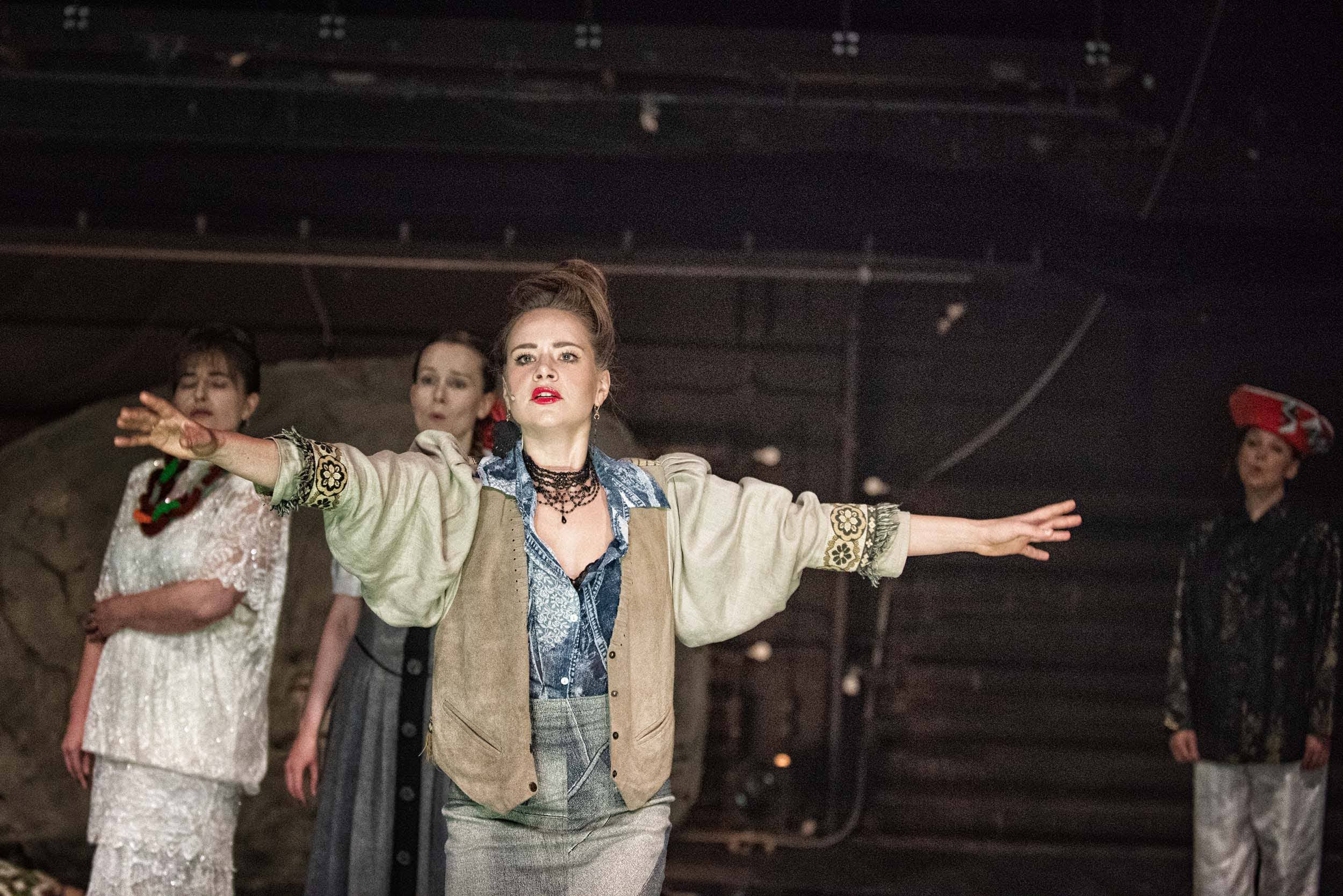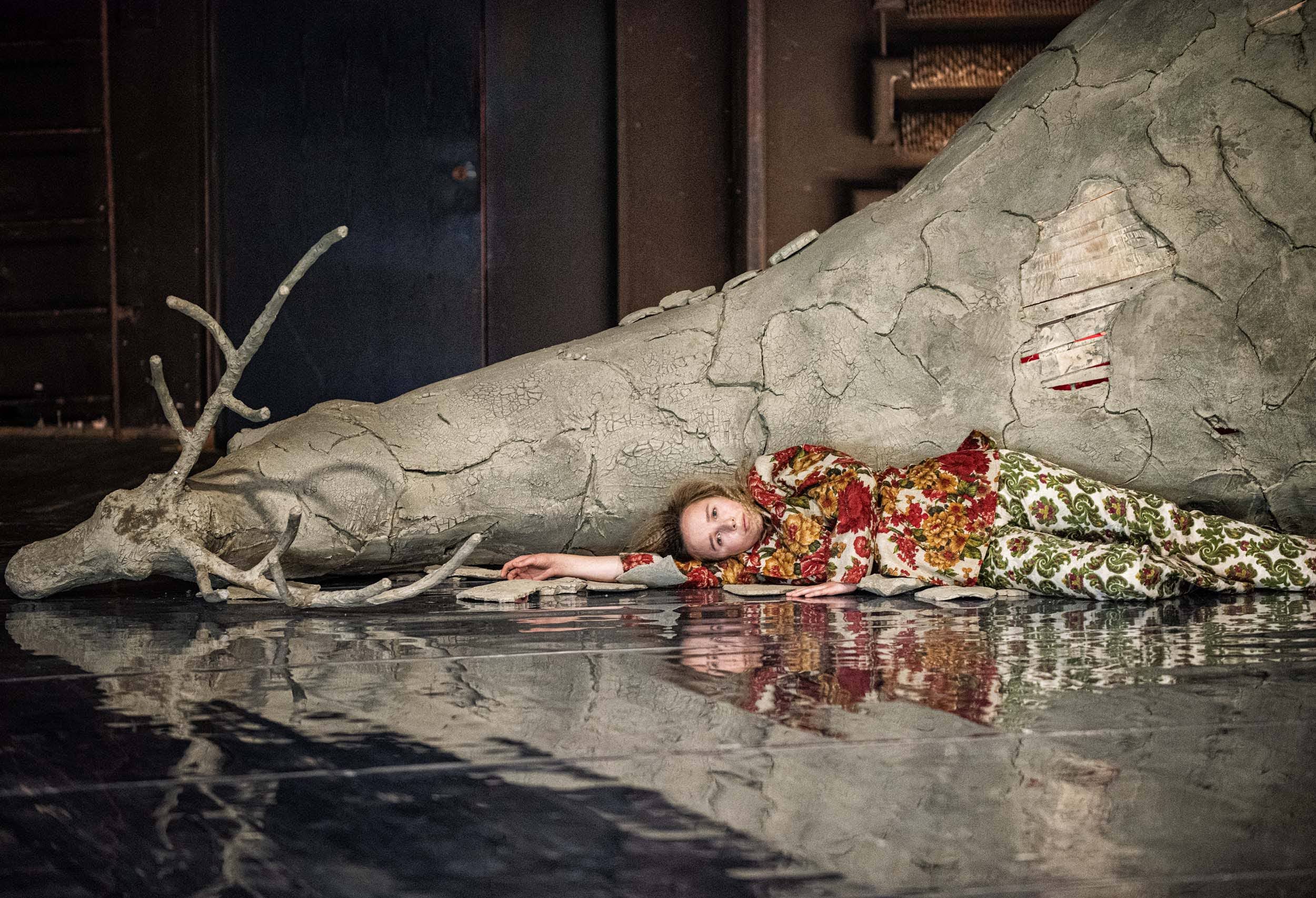Repertoire
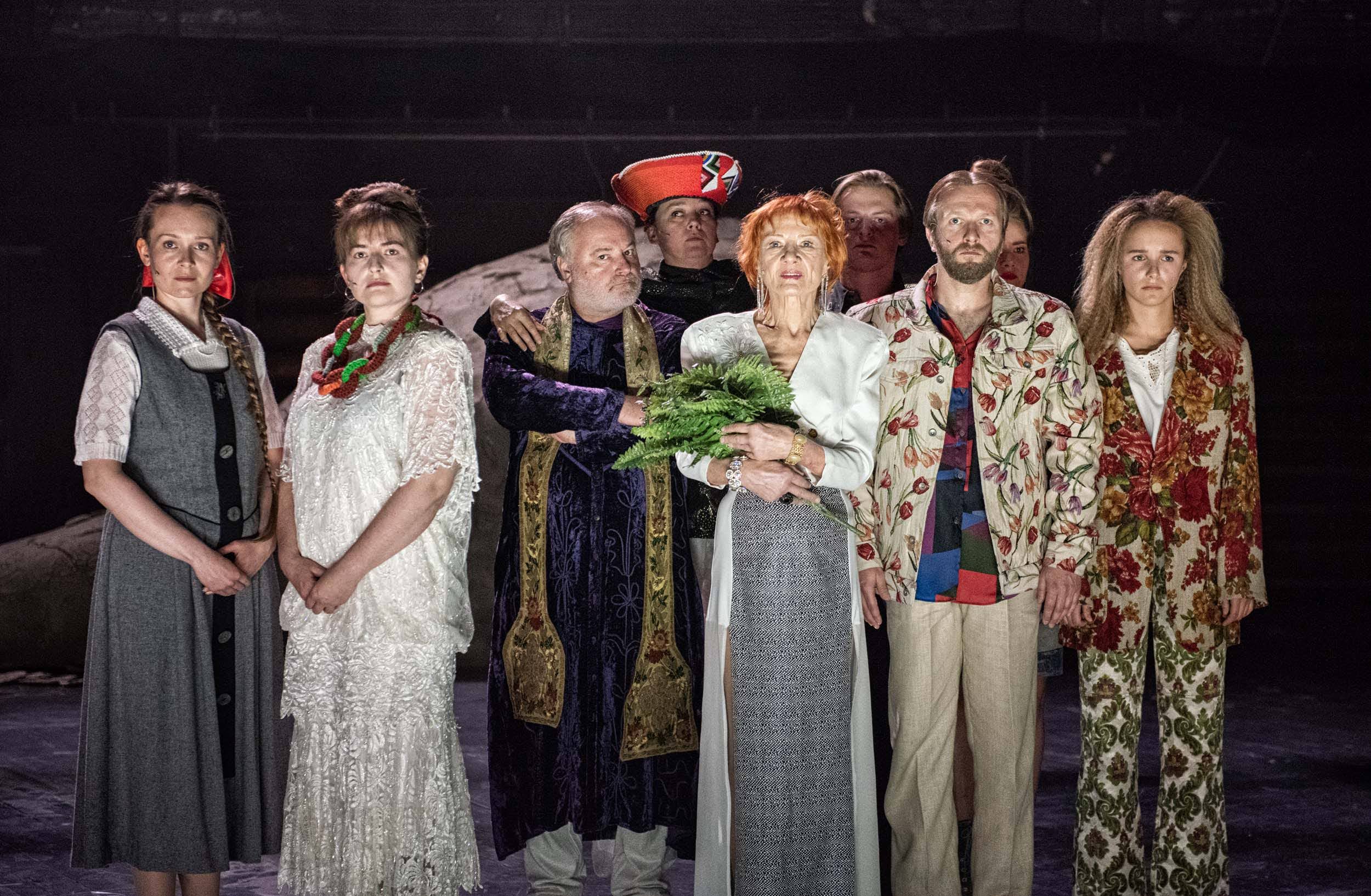
Correction
Dir. Klaudia Hartung-Wójciak
ul. Starowiślna 21
Premiere
date
2022
When we play
- 18.06
2022 - 19.06
2022 - 21.06
2022 - 22.06
2022 - 14.10
2022 - 15.10
2022 - 16.10
2022 - 17.12
2022 - 18.12
2022 - 09.02
2023 - 10.02
2023 - 11.02
2023 - 18.05
2023 - 19.05
2023 - 20.05
2023
Duration
“Correction” is a play about the mechanisms of memory and rumination, recollection, reminiscence, and erasure, in which certain rites of the past refuse to quit, and the more they are deemed “dead,” the more they live their own peculiar lives. Pursuing the concrete, the material, or the intangible detail—the glances of sisters, a mother’s neck and shoulders, Leitz file folders, the stucco of a childhood villa—the creators of this production have culled images from Bernhard’s work in series of repetitions, loops, and borrowings.
Thomas Bernhard kept “Correction” in a drawer for several years, making the novel his last to appear. He wanted to give the weight of a last will and testament to Franz Murnau’s monologue about severing himself from the Nazi past and his own family. Twenty-one years after the first and only Polish staging of Bernhard’s most famous novel, directed by Krystian Lupa, the creators of this play are trying to insert other voices in “Correction,” including a female perspective, grasping its formal excess, playing with it not only in the dramatic monologue, but also in the organization of the space, body movement, and music
The artists have written out Franz-Josef Murau’s internal monologue for over a dozen characters, most of them women, moving around a massive dead deer in a delirious trance. This somewhat ghoulish landscape is somewhere in the forests of Upper Austria. Hartung-Wójciak revolves the plot […] around paging through a family photo album. The family pictures, introduced by a Bernhardian repetition of “This picture shows…,” merge to form the story of the main protagonist from his childhood to the point when he returns to provincial Wolfsegg. Unlike the novel, the stress here does not fall on the protagonist’s thoughts after the death of his parents and brother, but on his complex relationships with the women in his family, especially his mother and sisters, who are pulled straight from Kubrick’s “The Shining.”
Paweł Zarychta, Dziennik Teatralny Kraków
Cast
- Ewa Kolasińska
- Aleksandra Nowosadko
- Przemysław Przestrzelski
- Roman Gancarczyk
- Alicja Wojnowska
- Małgorzata Biela (gościnnie)
- Paulina Puślednik
- Anna Paruszyńska - Czacka
- Filip Perkowski
- Małgorzata Zawadzka
Creators
- Klaudia Hartung-Wójciak Director
- Sława Lisiecka Przekład
- Iga Gańczarczyk, Witold Mrozek, Klaudia Hartung-Wójciak Script/dramaturgy
- Barbara Hanicka Scenographer
- Hanka Podraza Costumes
- Oskar Malinowski Choreography
- Piotr Peszat Compositions
- Jędrzej Jęcikowski Lighting director
- Bartosz Lisik, Justyna Skoczek Vocal training
- Markéta Bocková Assistant director and dramaturg
- Ewa Wrześniak Stage manager/prompter
